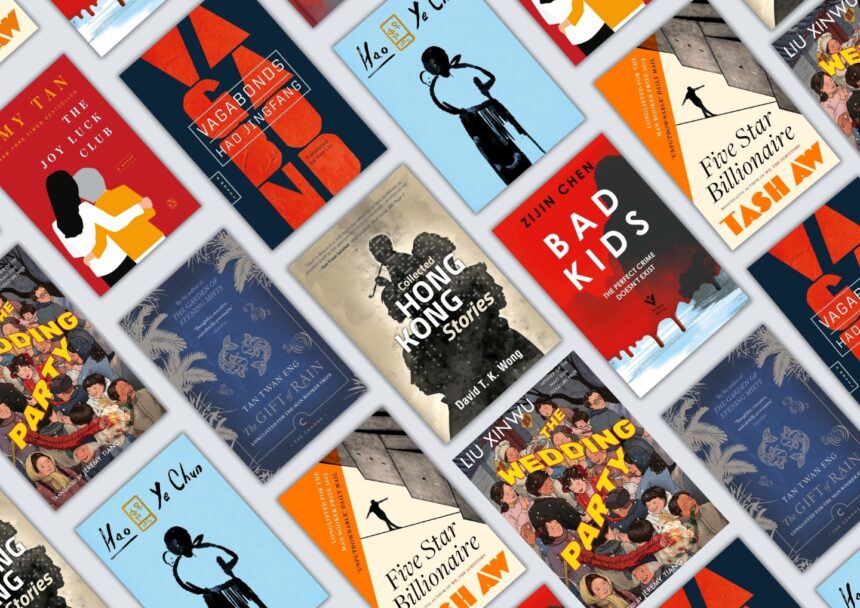If you learn Chinese online or converse with an online Chinese teacher, exploring China’s literary masterpieces may be something you have dine before, and it opens a gateway into the soul of one of the world’s oldest civilizations. From classical epics to modern sci-fi, Chinese authors have crafted works that resonate globally and remain essential reading for literature lovers everywhere.
One of the most internationally acclaimed books in recent memory is The Three-Body Problem by Liu Cixin. This groundbreaking sci-fi novel—first in a trilogy—blends physics, philosophy, and the consequences of first contact with extraterrestrial intelligence. It’s been praised by the likes of Barack Obama and Elon Musk, and helped elevate Chinese science fiction to the world stage. Translated into English by Ken Liu, it won the Hugo Award and sparked a Netflix adaptation, further cementing its cultural footprint. Mandarin classes for kids may also incorporate some knowledge of them.
Going further back, the Four Great Classical Novels are considered pillars of Chinese literature:
- Journey to the West (西游记) by Wu Cheng’en – A fantastical adventure following the monk Xuanzang and his mischievous companion, the Monkey King. This tale blends Buddhism, Daoism, and ancient mythology and remains beloved in Chinese pop culture.
- Romance of the Three Kingdoms (三国演义) by Luo Guanzhong – A sweeping historical epic set during the fall of the Han dynasty. With intricate politics, warfare, and legendary heroes, it’s both a literary masterpiece and a lens into China’s tumultuous history.
- Water Margin (水浒传) by Shi Nai’an – Centered around 108 outlaws who rebel against corruption, this novel explores justice, loyalty, and resistance. It’s often compared to Robin Hood tales in the West.
- Dream of the Red Chamber (红楼梦) by Cao Xueqin – A deeply introspective and poetic novel exploring aristocratic life in the Qing dynasty. Known for its psychological depth and intricate characters, it’s widely considered the pinnacle of Chinese fiction.
In modern literature, authors like Mo Yan, who won the Nobel Prize in Literature, continue to shape the global image of Chinese storytelling. His novel Red Sorghum is a gritty, lyrical exploration of war, rural life, and family dynamics, and was later adapted into a renowned film by Zhang Yimou.
Other notable contemporary voices include Yu Hua (To Live), Yan Lianke (Serve the People!), and Su Tong (Raise the Red Lantern)—authors whose works often reflect the social upheavals and emotional landscapes of 20th-century China. Whether you’re studying Mandarin, exploring China’s vast cultural legacy, or diving into gripping fiction, Chinese literature offers stories that linger long after the last page.






